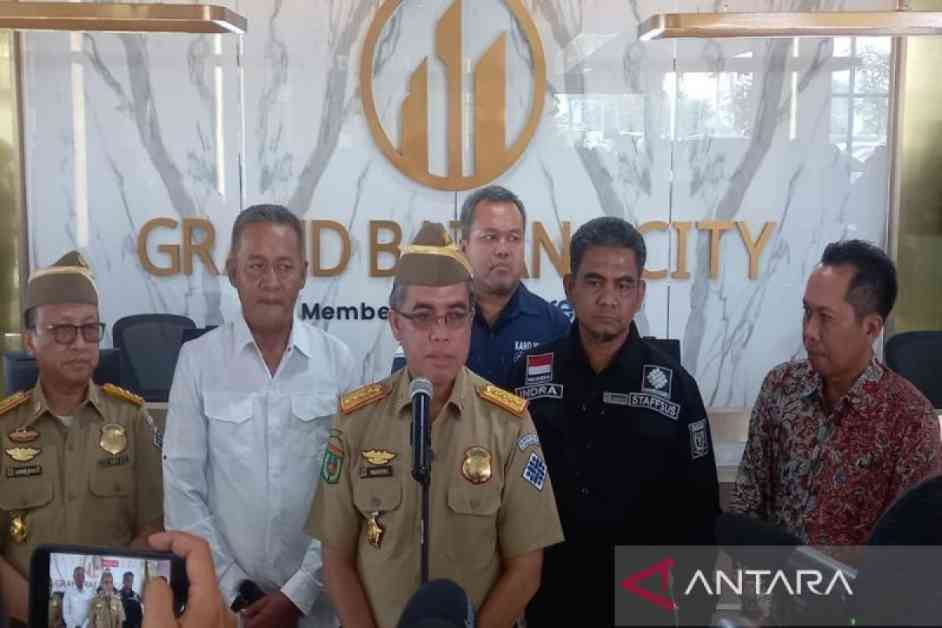Creating a Humane Work Environment: Minister Yassierli Emphasizes K3 Compliance
Batang (ANTARA) – In a bid to foster a safe and productive work environment, Minister of Manpower Yassierli underscored the significance of implementing an occupational health and safety (K3) management system. This system serves as the cornerstone for cultivating a workplace that prioritizes the well-being of employees.
During the commemoration of the 2025 National Occupational Safety and Health Month at Batang Integrated Industrial Area, Minister Yassierli articulated his stance on the matter. He highlighted that occupational safety and health should not be viewed solely as formal obligations but rather as strategic investments that can enhance competitiveness, elevate the quality of life for workers, and boost national productivity.
**Rising Work Accidents: A Cause for Concern**
Expressing concern over the escalating trend of work-related accidents in recent years, Minister Yassierli revealed alarming statistics. The past three years witnessed a surge in work accidents, with 298,137 cases in 2022, 370,747 in 2023, and 356,383 by the end of October 2024, as per data from the Workers Social Security Agency (BPJS Ketenagakerjaan).
The minister emphasized the urgent need to address this pressing issue, stressing that reducing the number of work accidents must be a top national priority. He cautioned about the emergence of new work challenges stemming from technological advancements, shifts in worker demographics, and evolving global demands.
**Anticipating New Risks and Taking Strategic Steps**
Industries reliant on cutting-edge technologies, novel chemicals, and alternative energy sources like LNG and hydrogen are poised to introduce fresh risks that necessitate proactive measures. Minister Yassierli underscored the importance of mitigating these risks to avert significant repercussions on health costs, worker well-being, and production efficiency.
To fortify a robust K3 culture, the implementation of an integrated K3 management system emerges as a critical and non-negotiable step. Minister Yassierli outlined essential strategic steps aimed at fostering a K3 culture, including the adoption of an occupational health and safety management system that goes beyond administrative functions to foster a positive work environment.
**Cultivating Essential K3 Cultures**
Within every institution, three fundamental K3 cultures must be nurtured, according to Minister Yassierli. These include a culture that refrains from blaming workers (just culture), a culture that encourages reporting of K3 incidents (reporting culture), and a culture that prioritizes continuous improvement in work systems (learning and improving culture).
In conclusion, Minister Yassierli’s advocacy for a comprehensive K3 management system underscores the critical need for organizations to prioritize the health and safety of their workforce. By fostering a culture that values K3 compliance, workplaces can not only enhance employee well-being but also bolster national productivity and competitiveness.






















